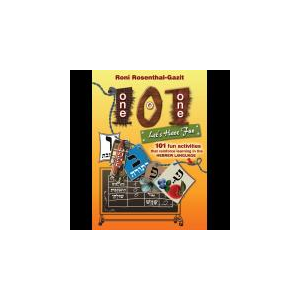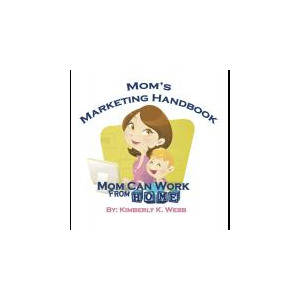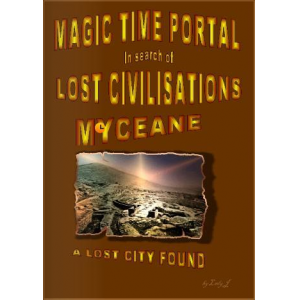WOMEN OF VICTORIAN SUSSEX
This is a ground breaking book, packed full of fascinating details about women's lives in early to mid Victorian England.
The women in the book have been described as "brave, tragic, stubborn, desperate and comic" in their struggles to carve out a life against appalling injustice.
The book is divided into four sections:
1. Status. This covers: Women’s Special Status; The Education of Girls; Marriage; Separation; Divorce; Spinsterhood; Pregnancy and Childbearing; Affiliation; Baby Farming; Crinolines and Bloomers. Read a sample
2. Occupations. The largest section, which describes women's work in the areas of Business and Trade; Shops and Services; Baths, Books and Billiards; Personal and Medical Services; Office-based Services; Post Offices; Transport; Male Trades; Laundresses; The Arts; Bed and Board; The Liquor Trade; Manufacturing; Toll- Collectors and Caretakers; Matrons and Superintendents; Teaching; Farming; Railways; Sea and Beach Occupations; Domestic Servants; Walking the Streets; The Occupation of Ladies. Read a sample
3. Women and The Law includes sections on: Affiliation; Women as Perpetrators: (Licensees; Street Nuisances; Prostitution; Theft and Fraud; Violence; Husband-Beating; Suicide; Homicide; Infanticide; Abortion.) Women as Victims: (Assaults and Murders; Sexual Crimes.) Read a sample
4. Emancipation.Improvements in Women’s Legal Status; An Introduction to Some Sussex Feminists.
Praise and Reviews
Women of Victorian Sussex reveals a forgotten world of daily struggles against appalling injustice – tragic, brave, stubborn, desperate and comic. It is an untold story of English society brought to life in vivid and shocking detail.
Helena Wojtczak examines the lives of women living in Sussex around the middle of the 19th century. The book explores their status, their work and their dealings with the law and by letting the facts speak for themselves builds up a devastating critique of a profoundly unjust and hypocritical society.
What makes this extraordinary book so enjoyable is the wealth of entertaining anecdotes which reveal the astonishing double standards of Victorian society. In fact on virtually every page the reader is delighted by a surprising piece of information, or a delightful way of illustrating it.
We start by learning that women far outnumbered men, one visitor remarking that in this respect St Leonards resembled paradise. Nevertheless, women were rigorously excluded from positions of power, authority of influence, it being held a self-evident truth that they were inferior to men.
Single women were obliged to seek marriage for financial security; but upon marrying they relinquished their separate existence, being regarded by the law as incorporated into the husband. If they received any education, girls were taught to be submissive, child-bearing wives. The most abusive term that could be applied to a woman was ‘strong-minded’. Many children died in infancy; an unmarried mother was a pitiable outcast; a widow was a pathetic woman in desperate financial straits.
This book contains many tales of appalling conditions endured, of little lives lived bravely against all the odds. Perhaps aware that her material could become too harrowing for the reader, Miss Wojtczak is careful to keep the tone light. Sometimes this seems strained – a discussion of crinolines and bloomers appears unexpectedly after an examination of infant mortality – but on the whole it is the very resilience and ‘strong-mindedness’ of the women that provides the light relief.
The largest section of the book looks at women’s occupations and here we are presented with a riot of colourful detail and diverting insight. Profitable and interesting employment for Britain’s women just did not exist. The expression ‘women’s work’ was synonymous with low pay and low status.
Although the historical records make them all but invisible, we find women doing all kinds of work. A female blacksmith, for example, was not abnormal. We find them running all sorts of shops and businesses, including baths, post offices and laundries, lodging houses and pubs; we see them as actresses, teachers, servants… and we find them walking the streets as ‘nymphs of the pavé’. These glimpses of brave lives led in obscurity are a delight to read, and made all the more so by the many press clippings, advertisements and pictures with which the stories are illustrated.
The third section of the book considers women’s position vis-à-vis the law. The parade of injustice beggars belief as we read vivid examples of the law being used to oppress the weakest members of society, or at least offer them no protection from husbands who could mistreat them and repeatedly seize anything they had earned to support their children, leaving them in penury, with the courts’ blessing.
Homicides, suicides and infanticides would have presented a gloomy, if sensational, ending, so the author finishes her work with a piece on emancipation, which looks forward to the dawning of women’s rights.
Finally an eclectic series of appendices includes such gems as Locations of Female Plumbers, Public Houses with Female Licensees, Causes of Prostitution, Duties of a Workhouse Matron and a profile of the Venerable Cornelia Connelly, foundress of the Society of the Holy Child Jesus.
If we had been given this to read at school, instead of the dry-as-dust textbooks that made every history lesson an opportunity for a nap, Britain would be full of keen amateur historians. For this is history at its best – a rich canvas swarming with life: surprising, fascinating, heart-warming and above all, very, very readable.
Related Books
More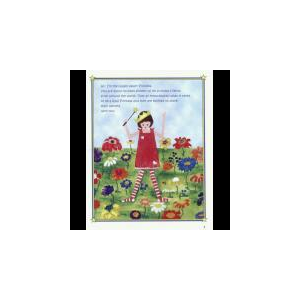
On Being a REAL Princess, Secrets of the Happy Heart Princess
Children's Books
Education & Textbooks
Family & Relationships
394 views
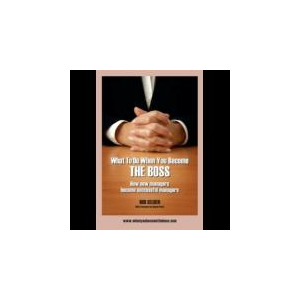
What To Do When You Become The Boss
Education & Textbooks
Business, Money & Investing
Self-Help and Personal Development
645 views

Jumpstart Your Publishing Dreams, Insider Secrets to Skyrocket Your Success
Education & Textbooks
Entertainment & Style
Self-Help and Personal Development
415 views
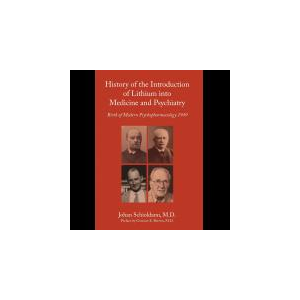
History of the Introduction of Lithium into Medicine and Psychiatry: Birth of modern psychopharmacology 1949
Biographies & Memoirs
Education & Textbooks
Reference
576 views

Exploring web 2.0: Second Generation Interactive Tools.
Computers & Internet
Science & Technology
Education & Textbooks
355 views

How to Virtual Organize Your Social Network
Computers & Internet
Education & Textbooks
Classics
308 views

Success is a State of Mind
Biographies & Memoirs
Education & Textbooks
Entertainment & Style
679 views
![The End Times Passover [Etymological Challenges to Millenarian Doctrines]](https://d3vm9ajvvas0k9.cloudfront.net/cdn/img/meta/books/300/6b93b5a27c432f85491a6d758e88a03d.jpg)
The End Times Passover [Etymological Challenges to Millenarian Doctrines]
Education & Textbooks
Entertainment & Style
Family & Relationships
528 views
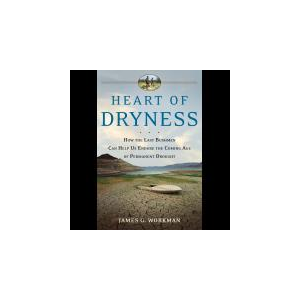
Heart of Dryness: How the Last Bushmen Can Help Us Endure the Coming Age of Permanent Drought
Education & Textbooks
Entertainment & Style
Classics
341 views
C2 & Posse: Inner-City Heroes Episode #4
Children's Books
Humor
Arts, Photography & Design
477 views
No Money Marketing
Education & Textbooks
Business, Money & Investing
Professional & Technical
225 views

